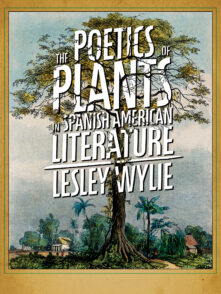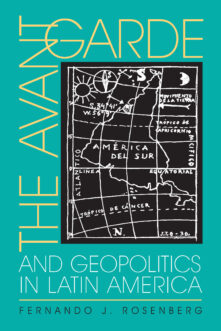Books
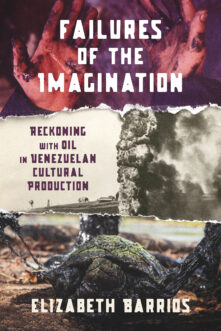
Failures of the Imagination
Reckoning with Oil in Venezuelan Cultural Production
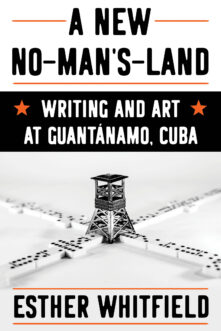
A New No-Man’s-Land
Writing and Art at Guantánamo, Cuba
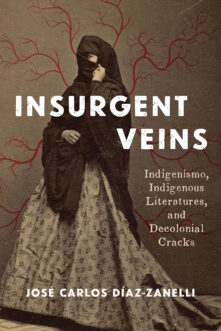
Insurgent Veins
Indigenismo, Indigenous Literatures, and Decolonial Cracks
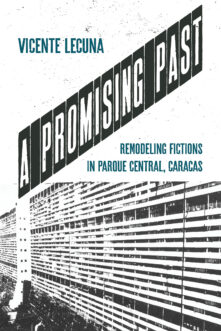
A Promising Past
Remodeling Fictions in Parque Central, Caracas
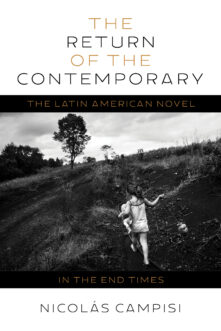
The Return of the Contemporary
The Latin American Novel in the End Times
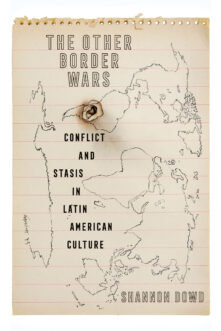
The Other Border Wars
Conflict and Stasis in Latin American Culture
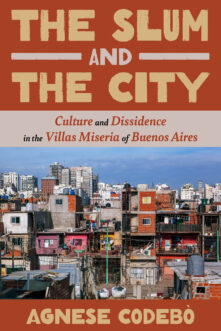
The Slum and the City
Culture and Dissidence in the Villas Miseria of Buenos Aires
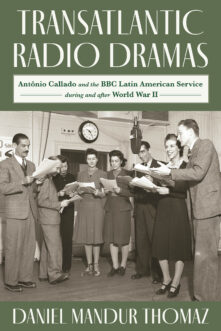
Transatlantic Radio Dramas
Antônio Callado and the BBC Latin American Service during and after World War II
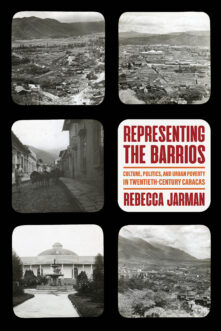
Representing the Barrios
Culture, Politics, and Urban Poverty in Twentieth-Century Caracas
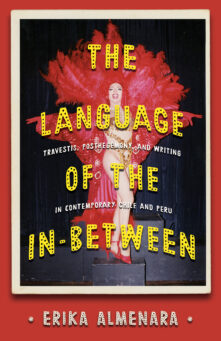
The Language of the In-Between
Travestis, Post-hegemony, and Writing in Contemporary Chile and Peru
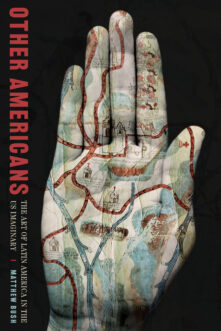
Other Americans
The Art of Latin America in the US Imaginary
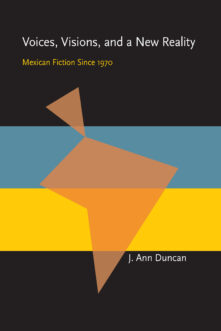
Voices, Visions, and a New Reality
Mexican Fiction Since 1970
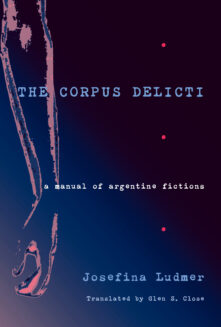
The Corpus Delicti
A Manual of Argentine Fictions
Total 47 results found.


